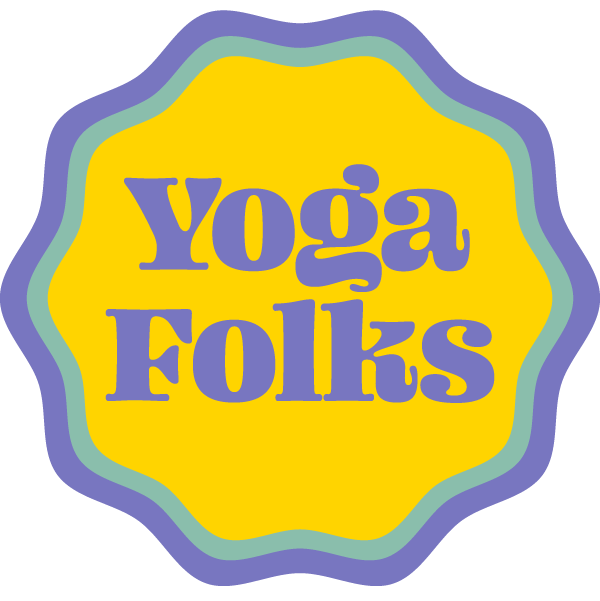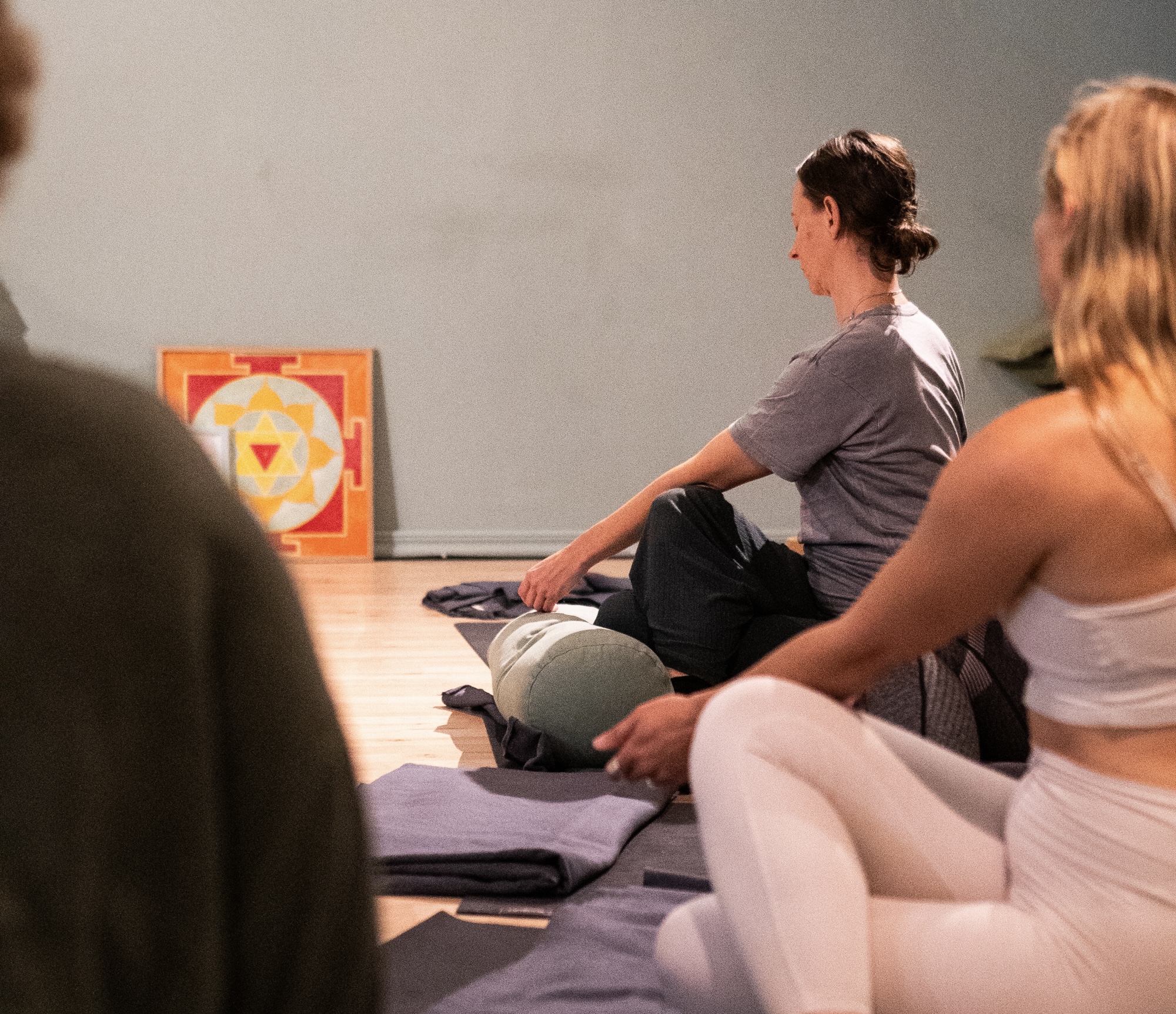Yin Yoga has become a practice many turn to for balance in an often overwhelming world. Below, we answer some common questions to provide clarity and inspire curiosity about this unique approach to yoga.
What is Yin Yoga?
Yin Yoga is a meditative practice that focuses on long-held poses to target connective tissues like ligaments, joints, and fascia. It’s less about building muscle strength and more about finding stillness, both in body and mind. This quiet approach fosters patience and self-awareness while improving physical flexibility.
What is a common misconception about Yin Yoga?
Many people think Yin Yoga is ”easy” or purely ”relaxation-based.” While it does encourage deep rest, holding poses for several minutes often challenges both body and mind. The strength needed here isn’t physical; it’s the ability to sit with discomfort and explore your inner experience.
What are common challenges you can face as a new student in Yin Yoga?
Some typical challenges include:
- Physical Intensity: Long-held poses can highlight tightness and discomfort in the body.
- Mental Restlessness: Staying present and still can feel unnatural for those used to constant activity.
- Letting Go: Yin requires us to release control and embrace a state of ”being” rather than ”doing.”
Yin Yoga has gained a lot of popularity in recent years – why?
Yin Yoga’s rise in popularity aligns with our collective need to slow down and reconnect. It offers a contrast to high-energy workouts and hectic schedules, providing space for reflection and relaxation. Its accessibility also makes it appealing—anyone can benefit, regardless of fitness level or experience.
In a world that moves so fast, Yin Yoga reminds us to pause, breathe, and simply be. It’s not about achieving perfection but about finding balance.”
What are the key health benefits of practicing Yin Yoga?
Practicing Yin Yoga regularly can offer:
- Improved Mobility: By gently stressing connective tissues, Yin supports joint health and flexibility.
- Stress Relief: The stillness of Yin Yoga soothes the nervous system, reducing stress and promoting relaxation.
- Enhanced Circulation: Stretching and holding poses stimulate blood flow and encourage healing.
- Mental Clarity: Yin provides a space to practice mindfulness and regulate emotions.
What are the differences between Restorative Yoga and Yin Yoga?
Although both are slow-paced and calming, the key differences are:
- Restorative Yoga: Prioritizes rest and relaxation, with the body fully supported by props such as bolsters, pillows, blankets and eye pillows. Totally effortless once you’re in the pose
- Yin Yoga: Focuses on gently stretching connective tissues and encourages a balance of effort and ease. Playing your edges.
In Yin Yoga, you aim to reach a point of discomfort without exceeding it. What is the philosophy behind this approach?
This idea, often called finding your ”edge,” stems from Taoist principles of balance. By exploring the boundary between comfort and challenge, Yin Yoga encourages personal growth and teaches respect for your limits. It’s about listening to your body and cultivating awareness, not forcing progress.
Good advice if you’re just starting your Yin Yoga practice:
For those just starting:
- Start Small: Begin with shorter hold times and slowly build up as you become more comfortable.
- Use Props: Support yourself with blocks or bolsters to make poses more available. The usage of props does not make you less ”advanced”, it’s about being smart around the choices in the practice.
- Be Kind to Yourself: Yin is about listening to your body and respecting its limits.
- Make It a Routine: Even a weekly practice can create noticeable benefits.
- Stay Curious: Each pose and practice will feel different—embrace the process.
Conclusion
Yin Yoga invites you to slow down and create space for connection—to your body, mind, and the present moment. Whether you’re seeking flexibility, stress relief, or simply a chance to pause, this practice offers a gentle yet profound way to support your well-being. We’d love to welcome you to our studio in Södermalm, Stockholm, where you can experience the grounding power of Yin Yoga for yourself.

